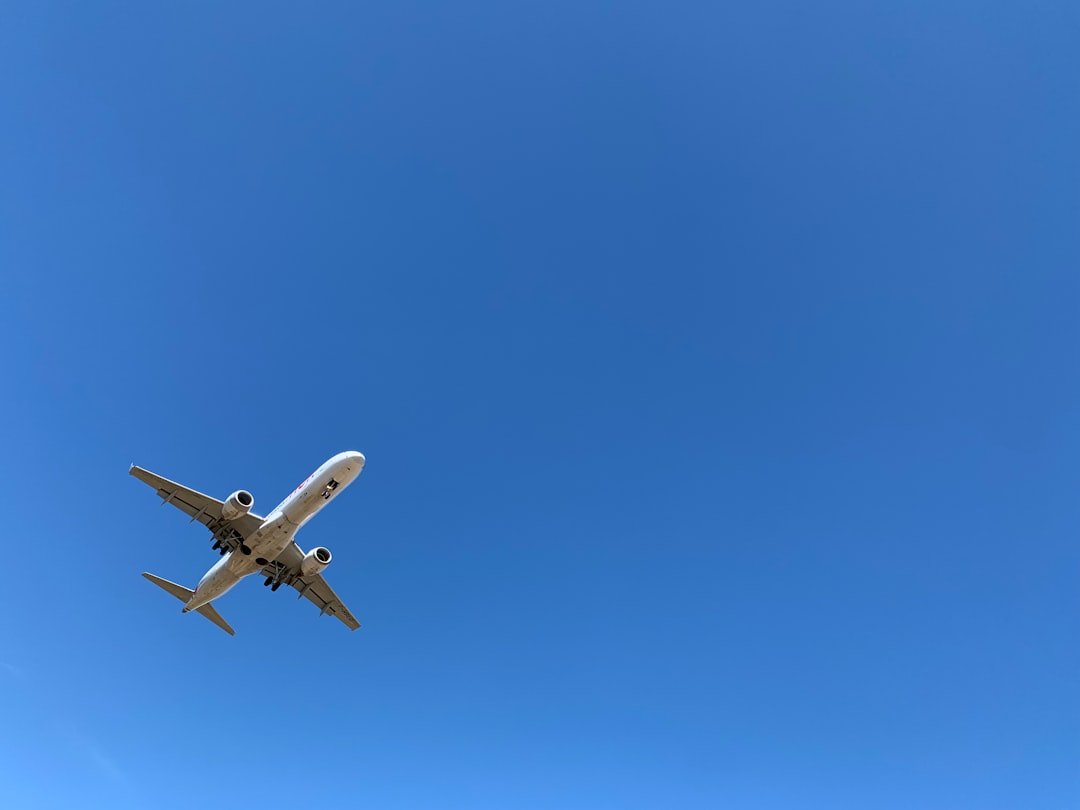
Are you considering a move to another country? This could be for career opportunities, personal relationships, or simply seeking a fresh beginning, marking an exhilarating phase and the onset of a transformative journey. Naturally, the prospect of relocating and leaving familiar surroundings behind can feel overwhelming, especially if the destination is unfamiliar territory you’ve yet to explore.
Relocation, even under ideal circumstances, often brings stress, and crossing borders amplifies these challenges, potentially sparking various worries. To ease the transition, it’s wise to familiarize yourself with key strategies that can streamline the process and reduce complications.
Build a Strong Financial Cushion
One of the most effective approaches for an international move is to accumulate as much savings as possible, creating a reliable buffer for unexpected issues. The relocation itself involves numerous expenses, such as travel, shipping, and initial setup costs—studies show that the average international move can cost between $5,000 and $15,000 depending on distance and volume. Having substantial reserves not only covers these outlays but also ensures you enter this new life stage without the burden of financial strain, providing peace of mind during adjustments.
Address Logistics Well in Advance
Practical matters demand attention and can take longer than anticipated, making it essential to tackle them early to avoid last-minute rushes. This includes tasks like:
• Informing your bank and relevant institutions about your plans
• Securing necessary visas, which might require processing times of several weeks or months
• Getting required vaccinations, as certain regions have health mandates to prevent diseases
• Setting up a new bank account in the destination country for seamless financial management
• Locating healthcare providers to ensure continuity of medical care
• Gaining insight into local tax obligations, which vary widely and can impact your finances significantly
Opt for Renting Initially
It’s prudent to rent a place in your new location for at least six months before committing to a purchase. This approach allows you to test the waters, confirming that the country and community suit your lifestyle, while avoiding the risks of a major investment without prior experience—real estate experts often recommend this as a way to adapt gradually and make informed decisions.
Conduct Thorough Exploration First
If feasible, plan a visit to your intended area before the full relocation to gain firsthand knowledge. This step serves both practical purposes, like assessing the environment and connecting with potential neighbors, and emotional ones, by alleviating anxiety through familiarity. Should a visit not be possible, dive deep into research using reliable sources such as government websites, expat forums, and cultural guides to absorb details about local customs, climate, and daily life, facilitating a smoother integration upon arrival.
Partner with a Reputable Global Moving Service
Transporting your belongings across borders is often the most nerve-wracking part of the process, given the scale of the operation. Services like those provided by 1st Move simplify international relocations by offering secure, efficient solutions through their extensive network of global agents and resources, guaranteeing that your items are handled with care at every step. Many of these providers also include professional packing options, which can significantly cut down on the physical and mental effort involved, based on customer feedback highlighting reduced stress levels.
Build Connections Virtually
Leaving loved ones behind, particularly if you’re embarking on this adventure solo, can be emotionally challenging. To foster a sense of belonging quickly, start networking online before your departure—platforms like Reddit host vibrant communities where you can engage in discussions, seek advice, and even schedule meetups. Connecting with expats can be invaluable, as they share insights on local nuances and common experiences, but don’t overlook opportunities to form bonds with residents, enhancing your cultural immersion and support system.
Allow Time for Adjustment
Finally, be patient with yourself as you adapt to your new surroundings. Even domestic moves take time to feel comfortable, and an international shift can feel disorienting for an extended period—research indicates that it often takes three to six months for expats to fully settle. This unease typically fades as you establish routines and relationships, turning the initial strangeness into a rewarding sense of home.
By following these guidelines, individuals planning an overseas relocation can navigate the process with greater ease and success. While it’s a substantial undertaking regardless of the motivation, it also presents a thrilling opportunity for growth and renewal.
